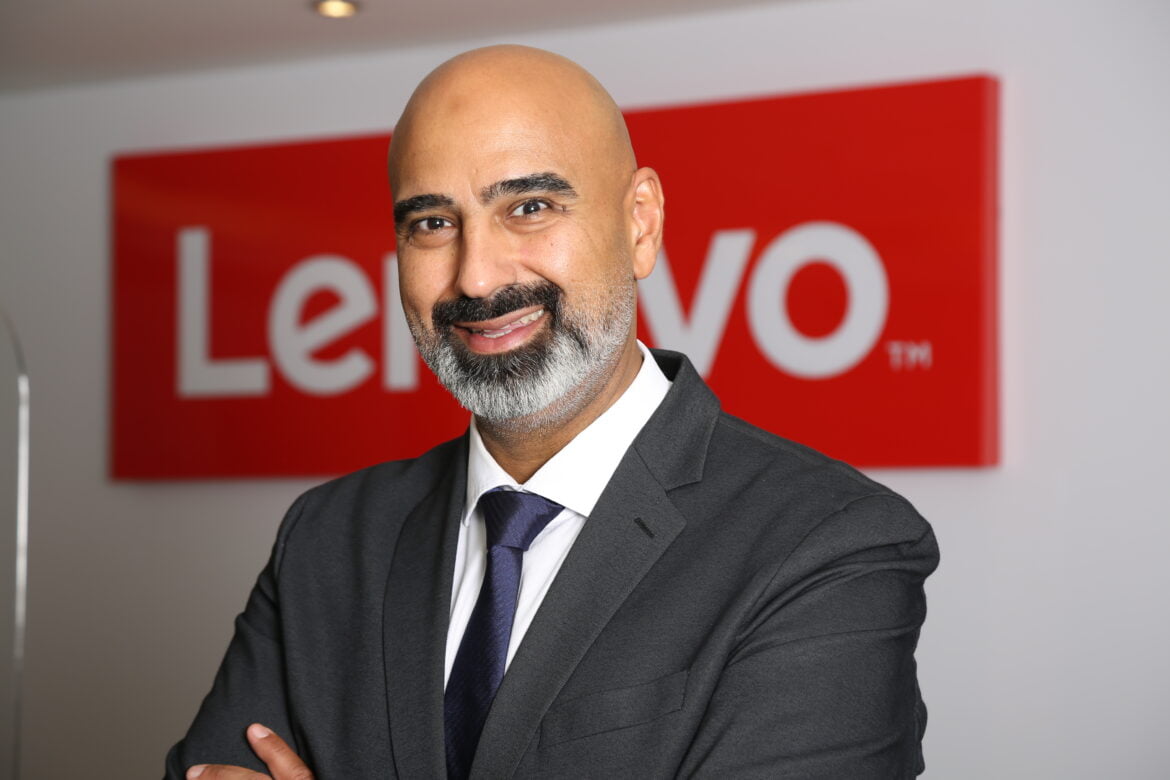Conversations today often gravitate towards discussions of sustainability, which has cemented itself as a fundamental cornerstone in many government and organizational plans. This does not come across as a surprise, particularly in light of the threats of climate change, an existential crisis that demands collective action. In a similar way and mirror the ethos, modern data centers serve as a foundational bedrock for enabling and establishing a resilient IT network. However, the relationship doesn’t end there, as data centers themselves have an element of sustainability as well.
In today’s age where data is growing at an exponential rate, data centers consume 2% of global electricity and is increasing by 12% annually, which makes greater efficiency a key point under a company’s sustainability agenda. On that note, businesses are actively investing into sustainable solutions, with a keen focus on IT infrastructure with the lowest carbon emissions impact.
One of the key areas of focus in data center sustainability is the cooling. Simply put, data centers can run quite hot, which demands an environmentally friendly solution to cool them down. One such solution is to opt for liquid cooling and Lenovo is an early adopter of the same. Lenovo’s data centers come with a patented Lenovo NeptuneTM cooling solution, an embodiment of the brand’s holistic approach to cooling, which ensures performance and efficiency remain high, while overall cost comes down.
Named after the Roman God of Water and Seas, the NeptuneTM cooling solution uses liquid to remove heat, a process much more efficient than traditional air cooling. The holistic approach includes a range of solutions that tackle key areas of heat, such as rack rear door water cooling, direct water cooling for each node, liquid assisted cooling and Energy Aware Runtime and XClarity Energy Manager software to optimize overall performance and power.
Lenovo also plans on taking this a step further, with new expansions advancing the cooling solution to include GPUs. This in turn will enable higher workloads including AI, VDI and high-end analytics in smaller footprints.
Another approach taken by Lenovo is in recycling the heat emitted from data centers. While most might look at heat generated as a waste product, Lenovo is looking at how it can be reused to heat buildings and swimming pools, or even to be piped under roads and walkways to melt snow and ice, making Lenovo a leader in evolving energy-saving to performance enhancing.
A great example of Lenovo’s green data center approach can be seen with global animator DreamWorks, whose data centers were already running at full capacity, especially in terms of size, power and cooling. Lenovo came into the picture with powerful HPC solutions with Neptune™ liquid-based cooling technology into their data center, which increased computing capabilities by 20% and reduced overall cooling costs. This in turn future proofed DreamWorks, increasing processing speeds that allowed them to iterate more frequently, add more complexity and richness to every aspect of their films.
In the Middle East, Lenovo also brought this idea of cooling and sustainable data centers to Sharjah Research Technology and Innovation Park (SRTIP). In a collaboration with Lenovo and Al Hathboor Bikal.ai, the joint venture between Al Hathboor Group LLC and Bikal Technologies Limited, shared experience in High Performance Computing and Artificial Intelligence proved a useful tool to provide customers with the capabilities needed to use AI to address business challenges. As part of the agreement, Lenovo also implemented its NeptuneTM Liquid Cooling Technology into the data centers which improve the energy efficiency and sustainability of services delivered by Al Hathboor. This partnership aligns with the UAE NetZero 2050 strategic initiative, a national drive to reduce net-zero emissions by 2050, powered by key sustainability goals of reducing greenhouse gas emissions, implementing sustainable practices, and using renewable energy. The new data center keeps this in mind, driving efficiency while simultaneously reducing energy consumption.
Sustainability is a strong commitment of Lenovo’s, not just to the environment, but also to customers and partners who are keen on driving a zero-emissions computing strategy. All the work done focuses on one main goal: Reduce carbon footprint from data centers, but without compromising performance and availability.
Alaa Bawab, General Manager, Lenovo Infrastructure Solutions Group, META,



